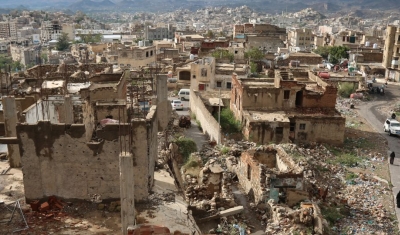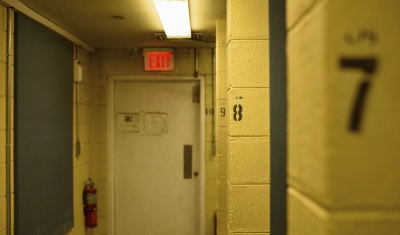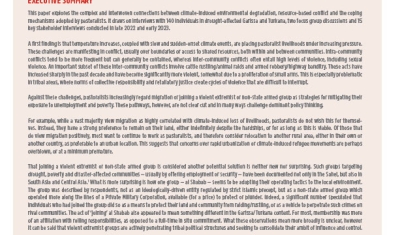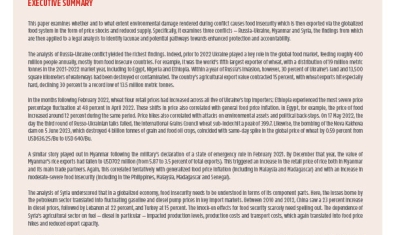Security interests and humanitarian objectives as part of the responsibility to protect framework are fuelling military interventions whether within or outside the United Nations collective security system. Such foreign interventions raise major challenges for the design, legitimacy and local ownership of transitional justice processes that are limited to the accountability of local actors and towards local communities.
How can foreign interveners be held accountable? And to whom? These are key questions to be answered when analysing the intersection between transitional justice, international security and responsibility to protect. This project maps various existing accountability mechanisms through the lens of the requirements of a transitional justice process in order to identify possibilities and gaps.








